At Kreamer Feed, we understand that high-quality feed starts at the mill, but it doesn’t end there. Even the most expertly formulated and nutritionally balanced product can lose its value if not handled properly once it reaches the farm. From delivery to storage to daily feeding, every step in the process impacts feed performance. That’s why it’s essential to recognize how feed handling affects quality and what you can do to preserve its integrity.
As a family-owned company trusted since 1947, we’ve built our legacy on quality, consistency, and transparency. Helping farmers protect their investment from barn to bin is part of our commitment to supporting healthy animals and productive operations.
Why Feed Handling Matters
Livestock rely on feed to supply energy, protein, vitamins, and minerals essential to growth, health, and productivity. But when feed is mishandled, the nutritional value can diminish quickly. Whether due to moisture, contamination, or improper storage, the risks are real and avoidable.
Poor handling practices can lead to:
-
Loss of nutrients
-
Mold and spoilage
-
Feed refusal
-
Animal health problems
-
Economic waste
Knowing how feed handling affects quality is the first step to preventing these issues and ensuring animals get the most from every bite.
Nutrient Preservation Begins with Freshness
The fresher the feed, the more nutrients your animals receive. Over time, exposure to air, light, humidity, and heat can degrade essential vitamins, fats, and amino acids. That’s why feed freshness livestock performance relies on timely usage and proper delivery schedules.
At Kreamer Feed, we work with local partners and trusted carriers to ensure feeds arrive fresh, safely packaged, and ready to store. Once on your farm, the responsibility shifts to handling and storage practices.
Storage Conditions Are Critical
One of the most important parts of feed management is how it’s stored. Here are some proven proper feed storage tips:
-
Store feed in a dry, cool, well-ventilated area
-
Keep feed off concrete floors to avoid moisture absorption
-
Use sealed bins or containers to protect from pests and humidity
-
Rotate inventory so older feed is used first
-
Clean storage areas regularly to prevent residue buildup
These steps are simple but powerful when it comes to nutrient preservation feed programs depend on for consistent performance.
Protecting Against Contamination
Feed contamination prevention is another key factor in handling. Exposure to mold, rodents, insects, or bacteria not only reduces feed quality but can also introduce harmful toxins or pathogens into your animals' diet.
Prevent contamination by:
-
Inspecting bags or bulk bins for damage
-
Keeping feeding equipment clean and dry
-
Avoiding cross-contact with chemicals or spoiled feed
-
Discarding any feed that smells musty or looks clumpy or discolored
At Kreamer Feed, our quality control process ensures that feed leaves our mill clean and safe. But once it’s on your farm, the environment determines whether that safety is preserved.
Palatability Drives Performance
Animals eat with their noses first. If feed smells off, feels stale, or has developed mold, intake drops fast. Feed palatability and intake are closely tied to handling. Even high-quality formulas can be wasted if feed is unappetizing.
Keep feed fresh and appealing by protecting it from heat, moisture, and contamination. This encourages consistent intake and supports optimal productivity in livestock.
Trust Built on Every Step
From the moment feed is milled to the time it hits the trough, every touchpoint matters. At Kreamer Feed, we stand behind every product we make. But we also believe in equipping farmers with the knowledge they need to get the most from every pound of feed.
Understanding how feed handling affects quality helps protect your animals, your bottom line, and your peace of mind.
From Our Family to Yours
Quality feed is only as good as how it's handled. At Kreamer Feed, we're here to help you make the most of it, every step of the way. If you have questions about on-farm handling or storage best practices, our team is just a phone call away.
Because when it comes to raising healthy animals, every detail counts.





0 comments